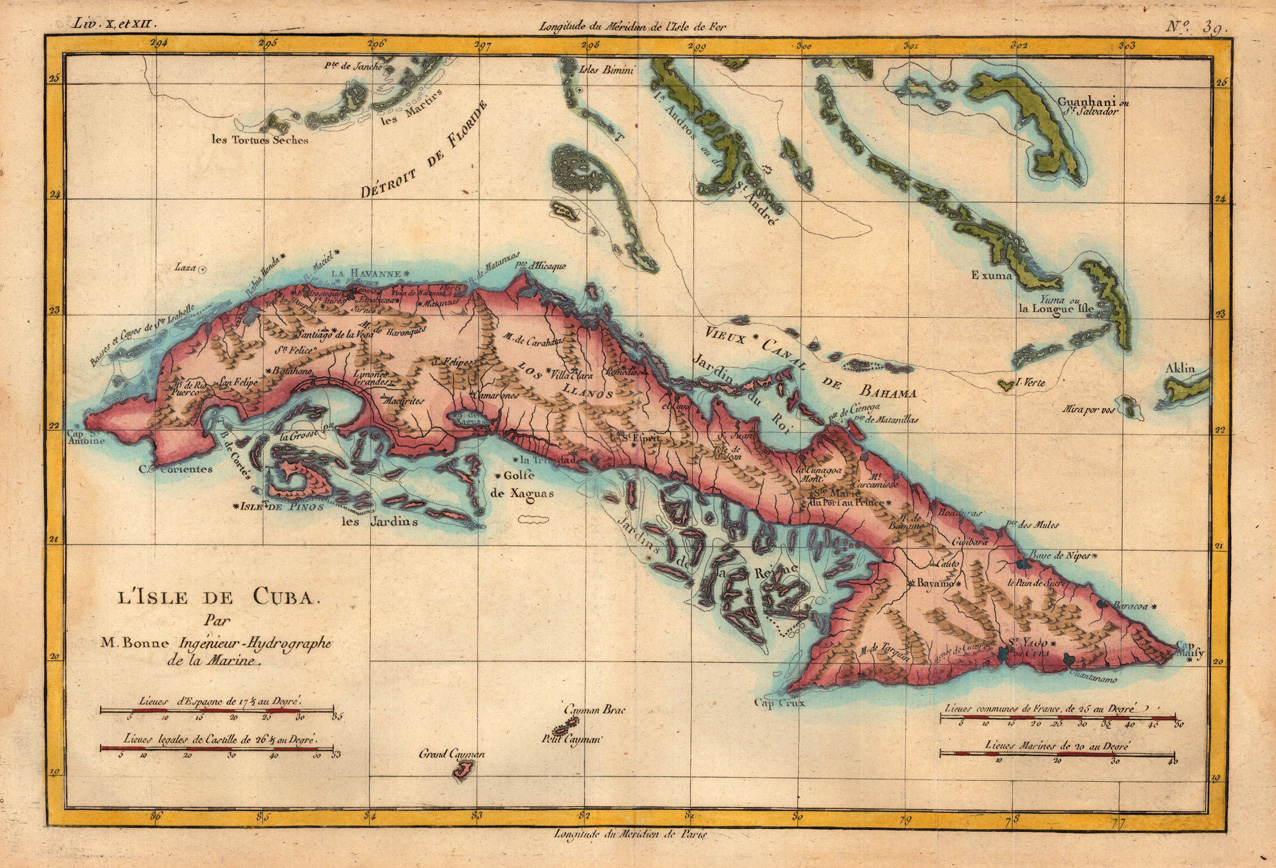最新文章
文章分類
歸檔
2016 (350)
2019 (201)
2020 (226)
2021 (189)
2023 (1)
2025 (1)

正文
一個月前在當地(芝加哥)聽了大眾電台(NPR)芝加哥一個小組(Sound Opion)的關於古巴音樂的介紹,一直知道古巴是拉丁美洲音樂有代表、領導地位的地區,覺得很有意思,很多古巴音樂的細節,節奏,敲擊特色。

這是節目內容簡介:
After stops in countries like South Africa, Japan, and Sweden, the Sound Opinions World Tour is trekking on. Jim and Greg hop over to Cuba, inspired by the historic changes in U.S.-Cuban relations announced recently by President Obama. Their guide to Cuba's influential rhythms is Ned Sublette, author of Cuba and Its Music: From the First Drums to the Mambo. Ned tells us that Cuba has been alive with music ever since the sixteenth century. Drawing upon its unique ethnic history, Cuba developed a polyrhythmic style quite different from what emerged in North America. Innovative artists like Arsenio Rodríguez brought Cuban dance music into maturity during World War II. The unshakeable rhythms of the mambo, rumba, and cha-cha-chá filtered into the United States, particularly in the world of jazz – Dizzy Gillespie's collaborations with Chano Pozo changed music forever. Rock ‘n’ roll and the blues also adopted Afro-Cuban flavors. Even after Cuba's isolation following the 1959 revolution, the music never stopped, according to Ned. Nueva trova, for example, a movement led by singer-songwriters like Silvio Rodríguez and Pablo Milanés, began to fuse revolutionary politics and idealism with traditional song forms. Cuban rhythms also provided the basis for the global salsa phenomenon of the '70s. Today music in Cuba thrives in both traditional genres and in modern ones like reggaeton. Though he's not personally a fan of the hit 1997 Buena Vista Social Club album, Ned was happy to see North Americans reengage with Cuban artists. With the political changes underway, he expects to see an even more exciting cultural exchange between Cuban musicians and the rest of the world.
節目將近一小時,得有耐心。
(下麵的轉載不見了)
評論
目前還沒有任何評論
登錄後才可評論.



